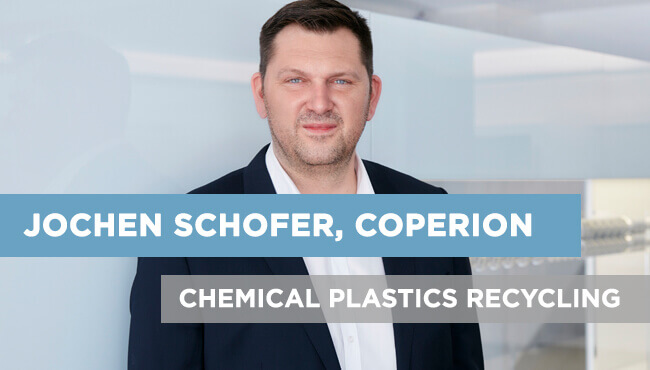Mr. Schofer, what contribution can chemical recycling make to the circular economy?
In principle, it can make a big contribution. But it only works properly together with mechanical recycling. And it will only work if the circular economy is accepted throughout the world. In many parts of the world however, there are still either only fragmented waste collection systems, depositing systems and similar systems, or none at all, that are able to generate a sufficient waste stream for recycling. At the moment an increasing number of large corporations are jumping on the chemical recycling bandwagon, all of them operating internationally. There is hope that they will contribute considerably towards the implementation of the necessary infrastructure in all parts of the world.
Chemical recycling has huge potential. The results that have been achieved so far are very promising. Nevertheless, chemical recycling is still in its infancy, while mechanical recycling is already established. Chemical recycling has particular potential because there are many plastics that cannot be processed mechanically, and more and more will be added. For example, in the construction sector, think of the many mixed plastics that are released when a house is demolished, or in the automotive industry. That is precisely why chemical recycling has to make a big contribution to the circular economy.




